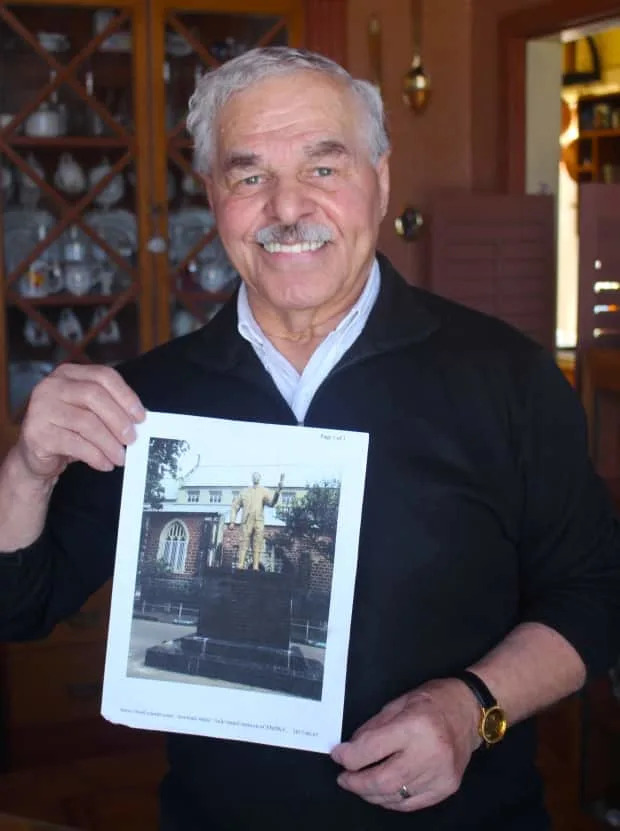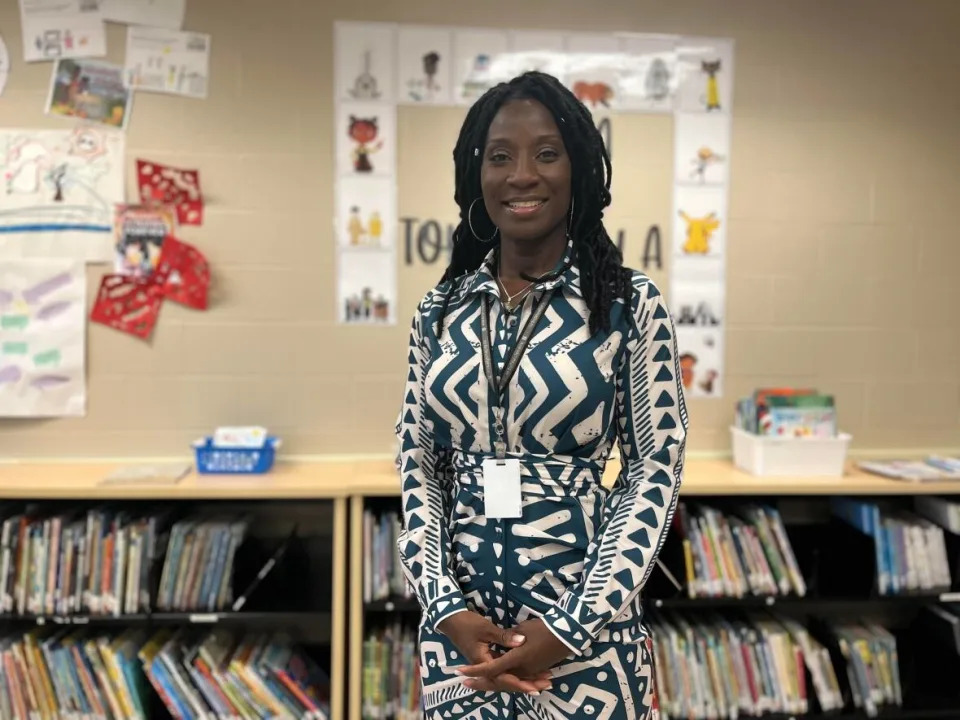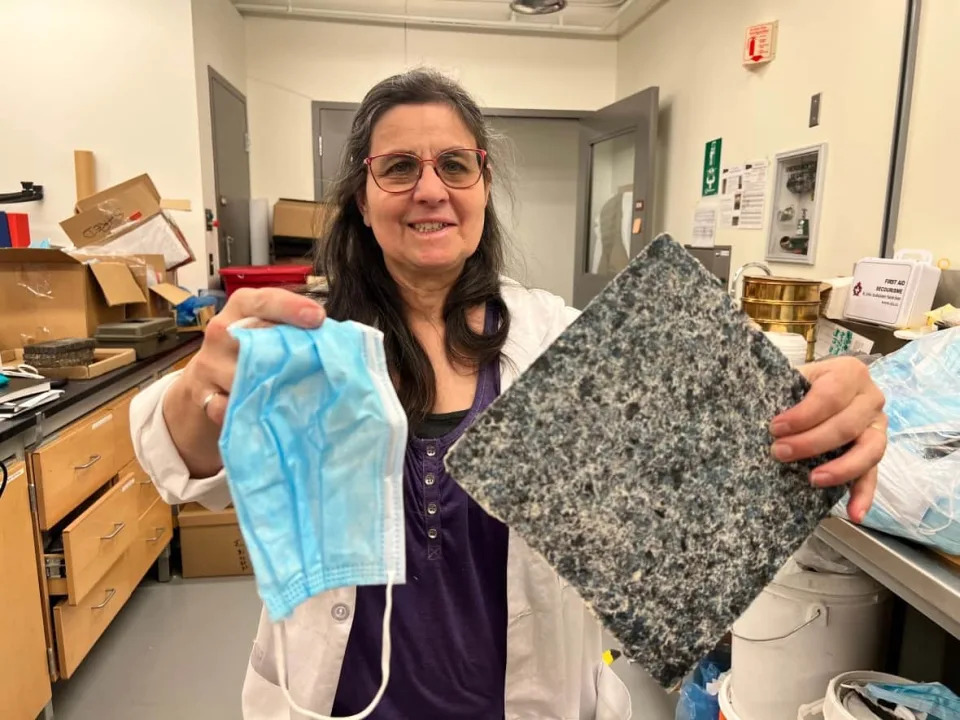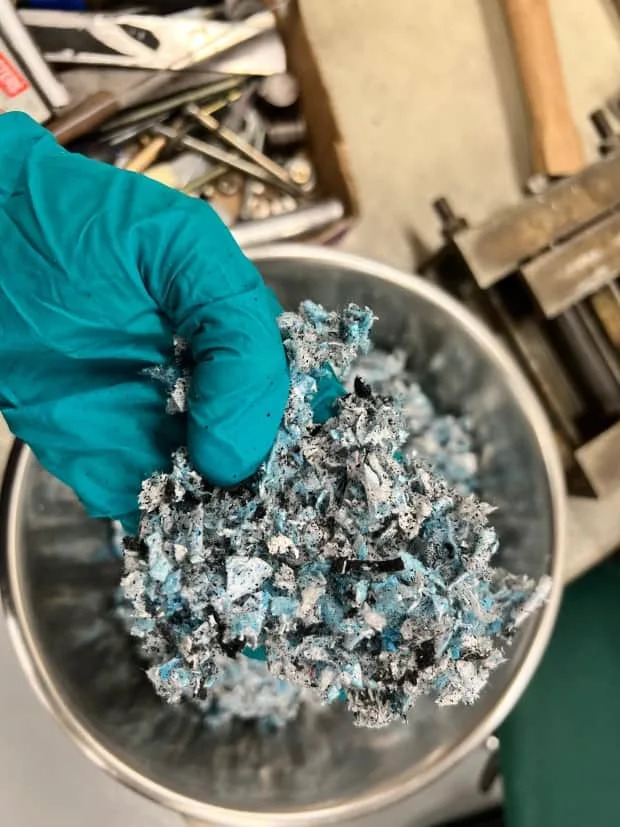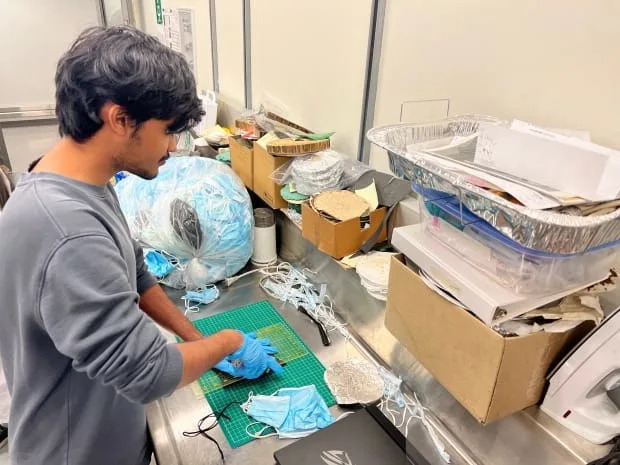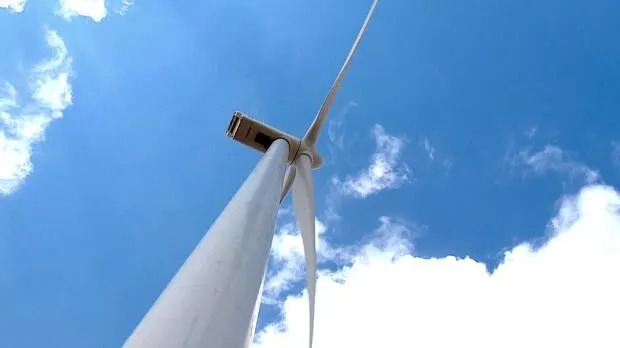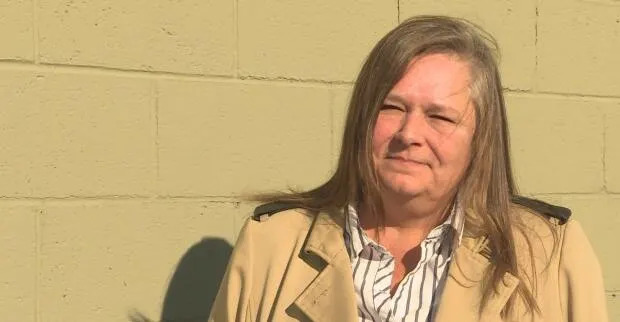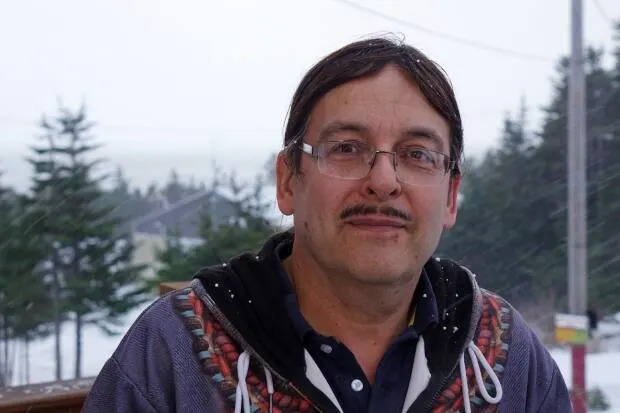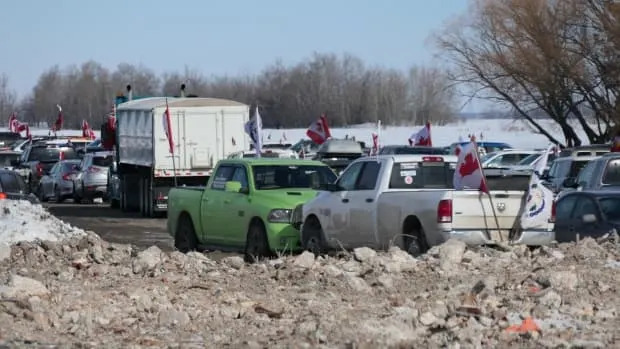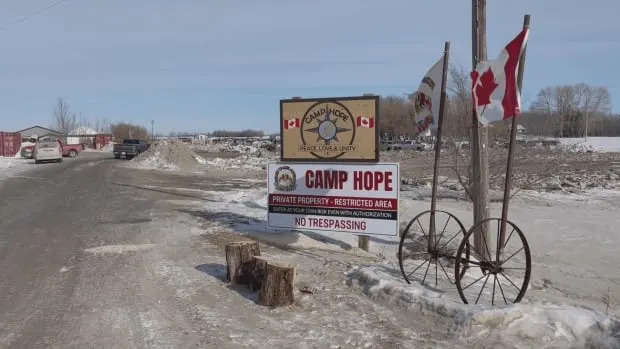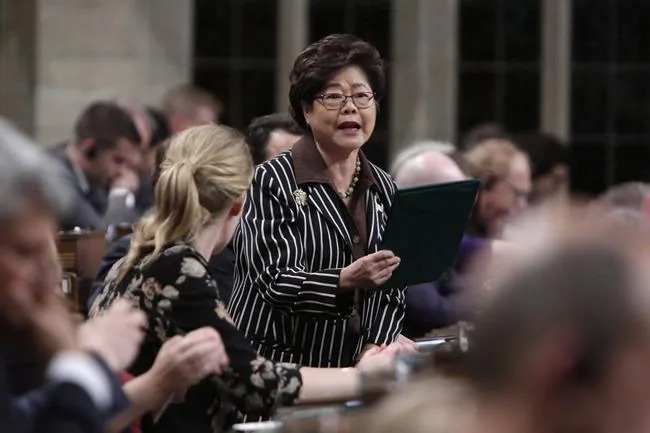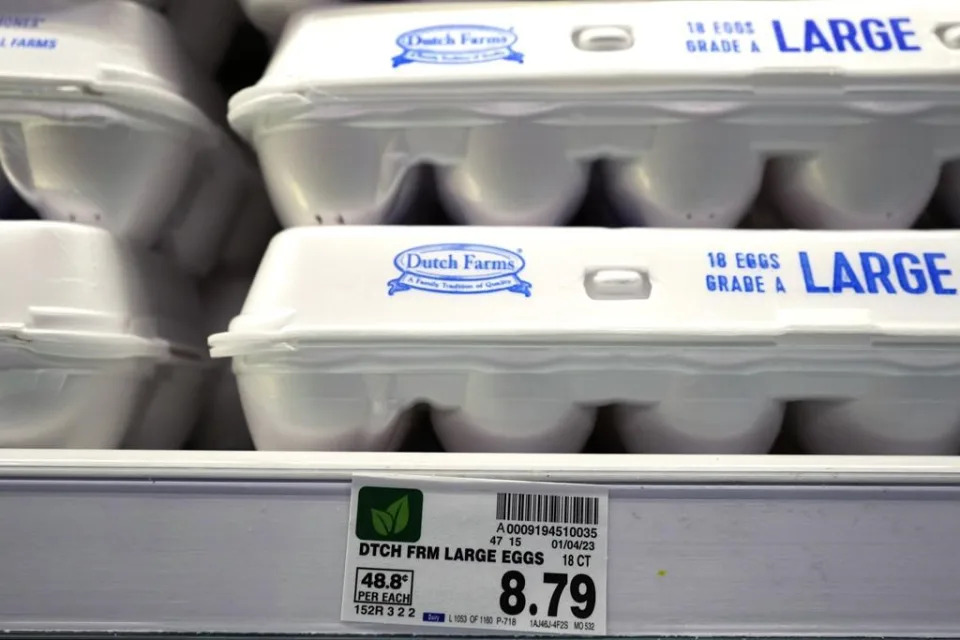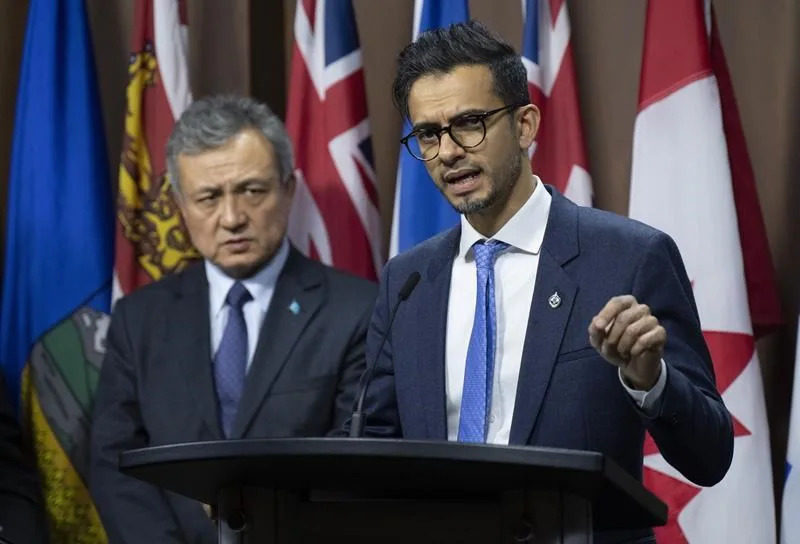TSA: Too many travelers leaving pets in carry-ons to be X-rayed
Alexandra Weaver
Wed, February 15, 2023
(WBOY) — The Transportation Security Administration says too many passengers are putting their pets in their carry-on bags and sending them through the X-ray machines at airport security checkpoints.
Though pet travel restrictions vary by airport and airline, one thing is universal: Pets should never be screened through an X-ray unit, the TSA says.
On Tuesday, the TSA shared photos from recent incidents in which pets were found inside bags that were being X-rayed.


“Pets are often treated like family members and as such, sometimes travel with their humans,” said Robert Duffy, TSA Federal Security Director for LaGuardia Airport. “That’s why it’s valuable to become familiar with the security procedures for pets and how to go through the checkpoint security screening process quickly and easily.”
Young dolphin skull found in luggage at Detroit airport by customs agents
The TSA said air travelers are allowed to bring small pets aboard planes, and they can be screened at security checkpoints along with their owners, but there is a right way to do it.
The TSA shared steps on how to correctly screen a pet:
Bring the animal to the checkpoint in a hand-held travel carrier.
Remove the pet from the carrier just before the screening process starts.
Put the empty travel carrier on the conveyor belt to be X-rayed.
Never send a pet through the X-ray tunnel.
If possible, carry the pet through the walk-through metal detector during screening. However, a leashed pet can walk through with its owner. When in doubt, seek guidance from a TSA officer.
After going through security, return the pet to its travel carrier away from the security checkpoint.
TSA reveals ‘Top 10 Catches’ at airports in 2022
Aside from screening, pets should always be kept in their carriers, the TSA says, unless they are certified service animals.

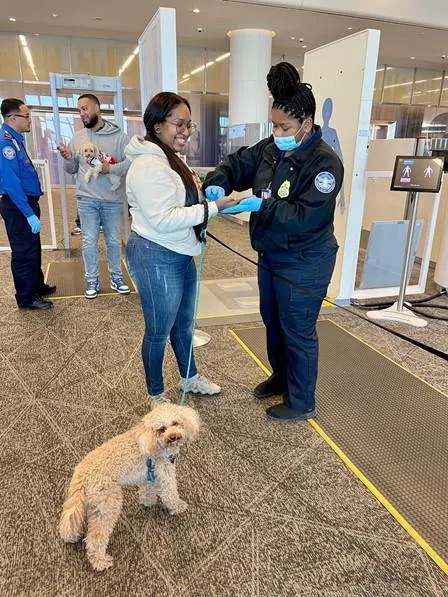
The TSA said other ways you can ease your pet through the security process include getting your pet used to the travel carrier ahead of time, watching out for “working” canines to avoid any interference in their work, and knowing where to find pet relief areas.
The Hill.

